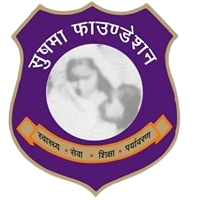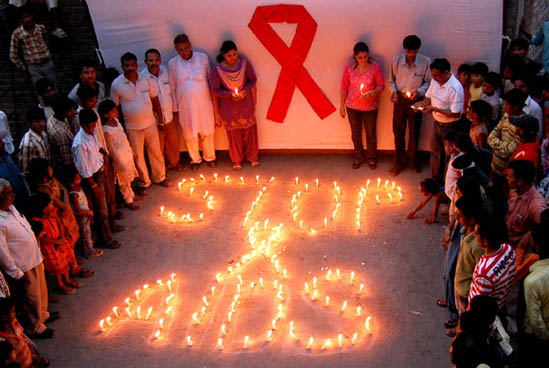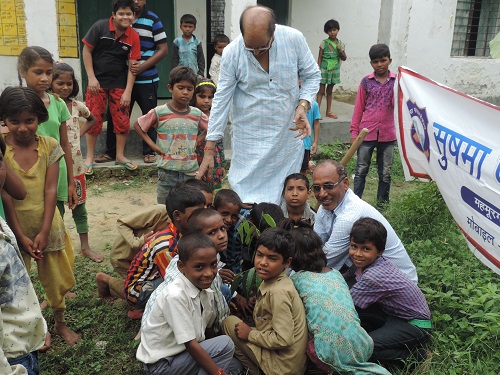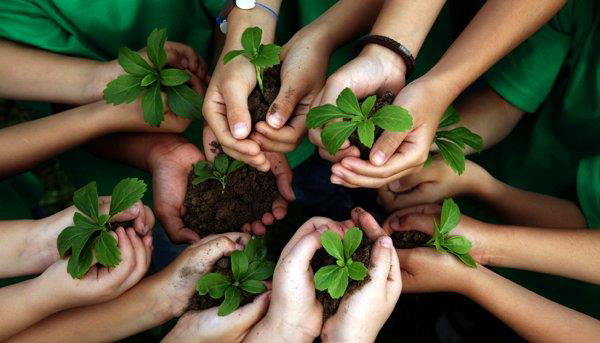Why this work matters
Varanasi—one of the world’s oldest living cities—holds immense cultural and spiritual significance. Yet, in many informal settlements and low-income neighborhoods, families face a daily battle with preventable illnesses caused by unsafe water, poor sanitation, and limited access to primary healthcare. Crowded housing, irregular waste disposal, and limited awareness compound the problem, especially for women, children, and the elderly.
हमारा विश्वास: “स्वस्थ समुदाय, समृद्ध समाज।”
A healthy community builds a confident, resilient future. That is why Sushma Foundation is advancing a holistic approach to Healthcare + WASH (Water, Sanitation & Hygiene) in Varanasi’s slums and across neighboring districts.
The challenge at a glance
- Water & sanitation gaps: Intermittent water supply, leaking pipelines, contaminated handpumps, and absence of clean toilets expose families to waterborne disease.
- Healthcare access barriers: Distance from facilities, long wait times, out-of-pocket costs, and low awareness delay treatment for common illnesses.
- Menstrual health stigma: Myths, taboos, and lack of affordable menstrual products lead to infections, school absenteeism, and loss of dignity.
- Child health & nutrition: Recurrent diarrhea, worm infestations, and anemia hinder growth and learning.
- Waste & drainage: Unmanaged solid waste and clogged drains become breeding grounds for vectors.
Our geography of action
Sushma Foundation works in Varanasi and partners across neighboring districts—Chandauli, Azamgarh, Ghazipur, and Prayagraj—to strengthen slum health and hygiene systems. We collaborate with communities, schools, local government bodies, and frontline workers to create sustainable, community-owned solutions.
Our approach: Simple, scalable, systemic
1) Mobile Health & Screening Camps
We organize door-step camps in slum clusters for general OPD, NCD screening (BP, sugar), anemia checks, child growth monitoring, deworming drives, and basic pharmacy support. Referral linkages connect patients to nearest PHCs/CHCs and government schemes like Ayushman Bharat.
2) WASH for Homes, Schools & Streets
- Water testing & safety plans: Periodic testing of handpump/standpost water with simple field kits; community display boards for results; chlorination/boiling guidance.
- Hygiene behavior change: Handwashing with soap at critical times, safe food & water handling, toilet use and maintenance, and ODF+ behavior through demonstrations and games.
- School WASH Clubs: Student leaders promote clean toilets, handwashing corners, and No Litter Zones, turning children into change agents at home.
3) Menstrual Health & Dignity (MHD)
We conduct adolescent girls’ sessions, mother–daughter dialogues, and men & boys’ sensitization to break stigma. We distribute or link to affordable pads/biodegradable options, teach MHM best practices, and set up community helplines for queries.
4) Community Health Champions
Local women are trained as Swasthya Saathis to track households, counsel on hygiene, monitor high-risk groups (pregnant women, newborns, elders), and connect families to services like immunization, ANC/PNC, and nutrition programs.
5) Clean Environment & Waste Solutions
Working with resident groups and municipal teams, we pilot lane-wise waste segregation, community bins, and drain cleaning drives aligned with Swachh Bharat Mission—transforming neglected alleys into Clean & Safe Lanes.
What changes when communities lead
- Fewer preventable illnesses: Regular handwashing, safe water, and early care reduce diarrhea, skin infections, and respiratory diseases.
- More girls in school: Menstrual hygiene support reduces absenteeism and embarrassment.
- Household savings: Fewer sick days and reduced medical expenses improve family finances.
- Community pride: Clean streets and active citizen groups create a culture of health.
हमारा सूत्र: “स्वच्छ आदतें, स्वस्थ जीवन।”
Voices from the lane: A short case story
Meera (name changed) lives in a slum cluster near Harhua block, Varanasi. Frequent stomach upsets kept her two children out of school. During a Sushma Foundation camp, the team found that Meera’s family relied on an untested standpost. Water testing showed contamination; our Swasthya Saathi helped set up a household water safety plan (boiling, covered storage) and reinforced handwashing before meals. Within weeks, the children’s health improved, and school attendance stabilized. Meera joined our Women’s Hygiene Circle and now mobilizes other mothers to adopt safe practices.
Governance linkages we leverage
- Ayushman Bharat (PM-JAY): Enrollment and utilization support for eligible families.
- Jal Jeevan Mission: Household tap water connection advocacy and community water quality monitoring.
- Swachh Bharat Mission (Urban & Rural): Solid-liquid waste management, toilet access, and behavior change communication.
- ICDS & Health Dept.: Growth monitoring, anemia control, immunization, and maternal health services.
Program pillars & sample indicators
- Access: # of people served via camps; % high-risk families with active referrals.
- Quality: % water sources tested quarterly; % households practicing safe storage.
- Equity: # adolescent girls receiving MHM education; # gender-inclusive sessions for men/boys.
- Behavior: Handwashing compliance rates observed at schools/anganwadis.
- Environment: # lanes with routine waste segregation; # community clean-up drives completed.
How you can partner with us
- Sponsor a Mobile Camp: Support diagnostics and medicines for one slum cluster.
- Adopt a School WASH Club: Fund handwashing stations, hygiene kits, and student leader training.
- Back a Women’s Hygiene Circle: Provide low-cost pads, education materials, and helpline support.
- Volunteer & Mentor: Health professionals, educators, and youth leaders can donate time and skills.
- Corporate/CSR Partnerships: Co-create multi-district WASH-health programs with measurable outcomes.
Call to Action: “आज ही स्वच्छता और स्वास्थ्य की मुहिम से जुड़ें—आपकी छोटी मदद, किसी के लिए बड़ा बदलाव।”
About Sushma Foundation
Sushma Foundation is a Varanasi-based non-profit working across water security, WASH, health, livelihoods, and education. Our teams partner with communities in Varanasi, Chandauli, Azamgarh, Ghazipur, and Prayagraj to design inclusive, tech-enabled, and community-owned solutions.
Contact:
Sushma Foundation, Varanasi
Email: sushmafoundation@gmail.com
Phone: +91-8299404082,
Survey Data & Visual Insights To better understand the healthcare and hygiene challenges in Varanasi’s slums, Sushma Foundation conducted a community survey across 5 districts (Varanasi, Chandauli, Azamgarh, Ghazipur, and Prayagraj) covering 1,000 households.

Key Findings (Graph Data)
Bar Graph – Top Health Challenges Reported (% of households):
- Waterborne illnesses – 42%
- Respiratory infections – 25%
- Skin diseases – 15%
- Malnutrition in children – 10%
- Other – 8%

Pie Chart – Access to Clean Water:
- Tap water (treated) – 35%
- Tap water (untreated) – 20%
- Handpump – 30%
- Other sources (wells, tankers, etc.) – 15%

Bar Graph – Toilet Access (% of households):
• Household toilet – 40%
• Shared community toilet – 30%
• Open defecation – 20%
• Other – 10%

- Pie Chart – Menstrual Hygiene Product Use:
- Sanitary pads – 55%
- Cloth (washed/reused) – 35%
- Other – 10%
Interpretation
- Waterborne diseases remain the most common illness, highlighting urgent need for water safety interventions.
- Only 35% of households have access to treated tap water; the rest rely on untreated or unsafe sources.
- 20% still practice open defecation, indicating sanitation gaps.
- Menstrual hygiene education and affordable product access is essential—35% of women still use cloth without proper hygiene practices.
How This Data Guides Our Work
- Targeted health camps in areas with high prevalence of waterborne diseases.
- Expansion of water testing & treatment awareness in untreated tap water and handpump-reliant zones.
- Sanitation infrastructure advocacy to reduce open defecation rates.
- Menstrual hygiene campaigns for better product access and safe practices.



